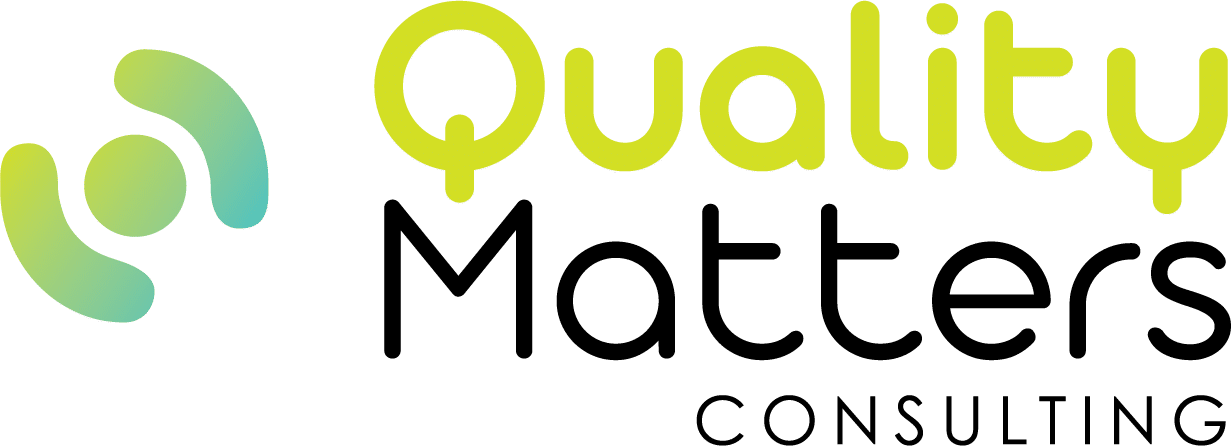
By Nicole Weber
If you’re new to a leadership role, it can be especially hard to work out what sort of leader you are or want to be. It can feel awkward and just plain hard work. Most people end up in leadership roles because they are really good at what they do, so they get promoted to a management or supervisory role. Or you might have started your own organisation and taken on a team of people. It helps to remember that leadership requires a whole set of skills that may be vastly different to the skills that made you a great practitioner.
I scored my first leadership role at the tender age of 25. I was working as a Case Manager for a non-profit and successfully applied for a newly created Assistant Manager role. I was thrilled and terrified all at the same time. I was still learning the craft of being a skilled practitioner and had no practical experience of leadership. I already had a Master of Human Services Management under my belt, so to be fair, I had some idea of the theory. I also had a healthy dose of imposter Syndrome (that fear of being found out as a total fraud), I was an over thinker and a people-pleaser. Fortunately I also had some great mentors.
I started out by trying to ‘be’ a leader. The old ‘fake it til you make it’ approach. The trouble with that, is that those around you can spot a fake a mile away. Now the buzz is all about ‘authentic leadership’ and ‘being true to yourself’. What does that even mean? As a leader, how do you be authentic when you’re quietly (or loudly) panicking, putting out fires and juggling all of the demands flying your way?
20 years on here’s what I’ve learnt about finding your own approach to leadership.
- Start with your values; your own values will determine how you think, feel and behave. When you are clear in your own mind about your values, they can be your compass and guide you in the decisions you make as a leader. When you face a tough choice, your values can help you make a decision that won’t keep you second-guessing yourself.
- Find (or build) an organisation that is aligned with your values. Chances are if you are working in the Non-profit sector, values and principles like social justice and kindness are more important to you than winning at all cost or making millions of dollars. I’ve worked in organisations where leaders turned a blind eye to poor performance and even worse, to bullying. Both of these just don’t fit with my values. If your workplace is a bad fit for your values, it’s going to make your leadership role an uphill battle. Your choices are to create change or move on.
- Know your strengths. We all have strengths, and you’ll get the best results from your efforts when you use your strengths to be a great leader. Are you good at building relationships? Leverage that to connect with people, inspire them and get the best out of them. Data might be your thing. Use your love of facts and figures to show people why you’re going in a particular direction. Then get curious about the strengths of those in your team and give them the space and the opportunities to use them.
- Understand where your blind spots are. Just as we all have strengths, we’ve also got blind spots. I’m great at seeing the big picture and future possibilities. I don’t love sitting in the data and the ‘nitty gritty’ of things. I lead best when I’ve got people around me who enjoy analysing the numbers and implementing the plan we’ve created together. So I find the people who love that stuff and together we do great things.
- Find a great mentor (or a bunch of them). You don’t have to be a lonely leader. Find some trusted mentors that you can learn from. A perfect mentor is someone whose leadership approach you admire and who is willing to help you grow as a leader. A great mentor will share their wisdom (so you can avoid some painful pitfalls they’ve already dealt with) and who will help you reflect on your own approach to leadership.
- Ask for feedback and act on it. We’ve all got a perception of who we are and how we show up in the world. Getting feedback from others helps us to reality check how we are coming across. Once we know that, we can make adjustments and changes. It also shows people around us that we are prepared to be vulnerable which is a huge trust builder.
If you’re finding leadership challenging, we’re here to help. We offer individual and group coaching and development programs to build essential skills and capabilities for effective leadership of any sized team. Get clarity and confidence so you can lead your team to achieve amazing results. Contact us today for a confidential chat about our services.

